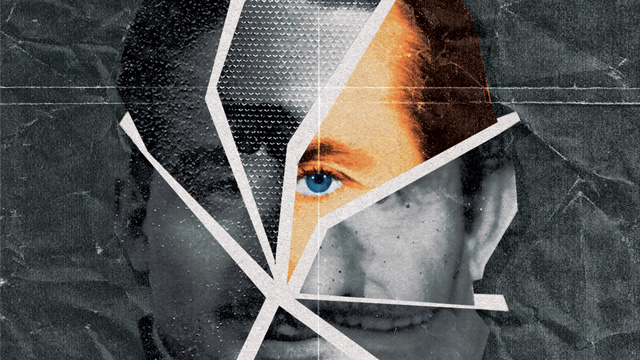
Johannes “Hans” Liebschner filmed his life from 1963 to 2012. Born in 1927, he came to Italy due to the war and stayed after falling in love with Iole, a young I talian girl from Bergamo, with whom he had five boys. In fifty years of amateur filming, Hans creates the intimate story of a united and happy family, although in 2013, the year of his death, his films ended up for sale in a second - hand market. Who was to get rid of those precious memories? His sons Klaus and Peter try to solve this mystery , retracing the story of a family that goes through social and cultural changes , recorded through the technological and expressive evolution of home movies.
- In my memories I always see my dad with a squared film camera with a crank on the side and a leather case. He always had it with him. Then during the years I experienced his ability to evolve, to change. –
Peter Liebschner
How can more than 100 hours of recordings be summarised in less than 100 minutes? What is worth keeping? What is worth overlooking? After working for several years with home recordings, I realised that the more personal an image is, the more universally understandable and shared it can be. Panoramas, vintage cars, vintage clothes, unused odd shaped objects that seem to belong to another world fade away with a sudden act of love, a vulgar gross angry insult. The audience needs unexpectedly personal images to associate them with their own memories and emotionally identify themselves within the stranger on the screen. In my opinion, this is the real strength of home recordings. Archived home recordings are not only a postcard from the past sent by a stranger, but they can become a represent ation of a personal and idealised world closely linked to personal memories. At times, relationships between humans fracture and memories do not always help to keep them. Memories are therefore damaged, like a film tape is damaged by mould or like a demagn etised videotape of abstract lines and white noise. Like tapes in a box, they are stored in a basement at the mercy of corrosion. A misplaced picture is not lost forever. There are times when they can come back unexpectedly. It can also bring back remorse and regrets or a new enthusiasm. Who got rid of what was most precious for Hans? Was it Klaus? Or Peter? The answer to this question isn’t what interests me however. This thoughtless act has a fortuitous outcome and has triggered a series of events that wi ll lead to the conclusion of the film that Hans began more than 60 years ago.